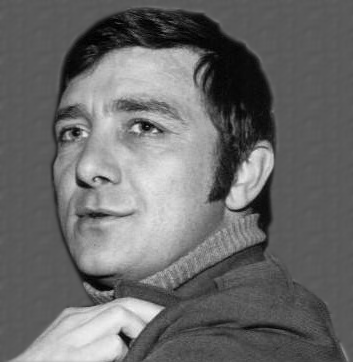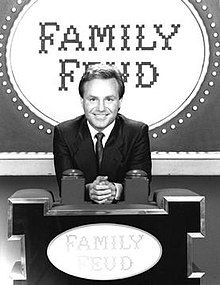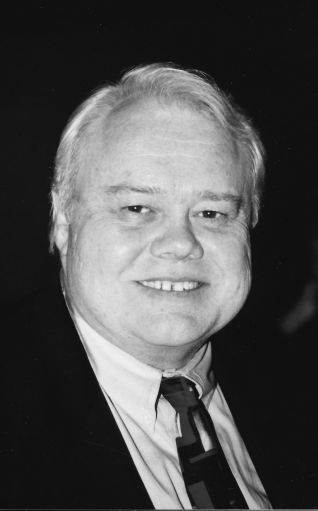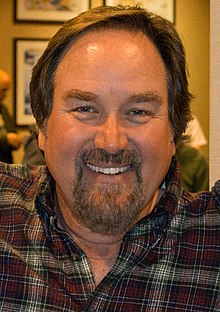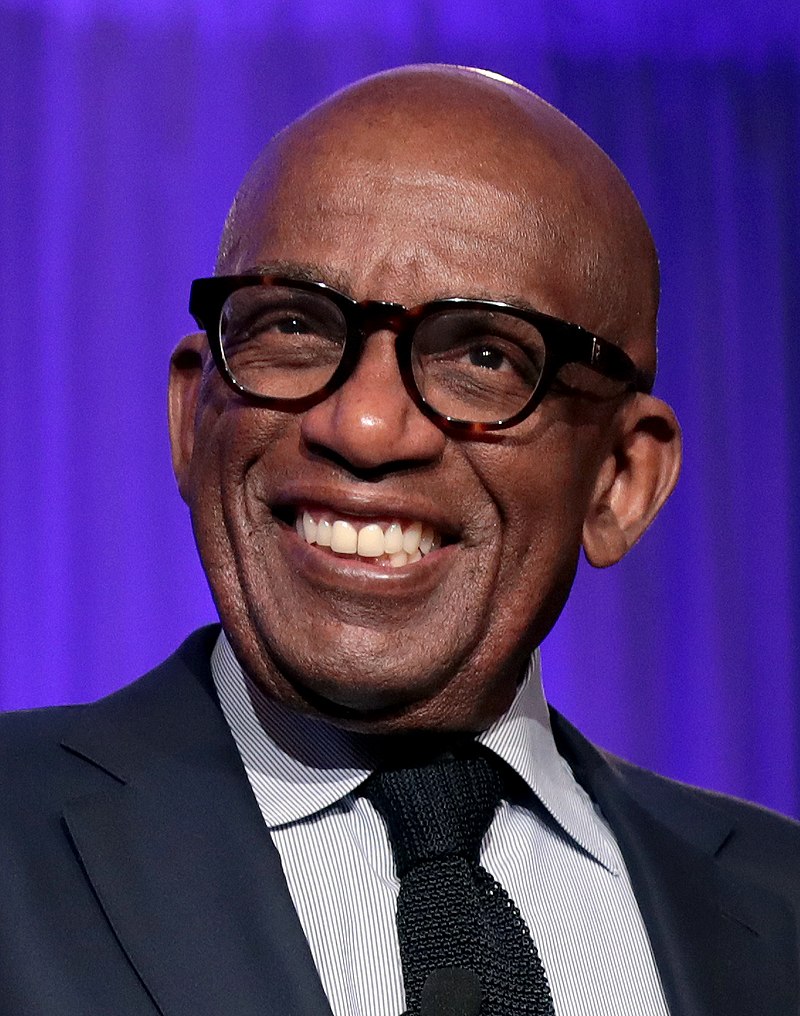Family Feud is a game show where two families compete to determine the most popular responses to survey-style questions. It has aired for nearly half a century and is one of the most renowned game programs in the United States.
History
The iconic American television game program Family Feud was created by Mark Goodson. Two families compete on the program to identify the most common answers to poll questions in an effort to win money and prizes.
There have been three distinct runs of the program, the first of which premiered on July 12, 1976. During its first run, which lasted from 1976 through 1985 and was broadcast on both ABC and syndication, Richard Dawson served as the show’s host. In 1987, the series was revived as a pilot, and it broadcast on CBS and in syndication in 1988 with Ray Combs as host until 1994. Dawson continued to appear in the show until it ended in 1995. The program was brought back via first-run syndication in 1999, with Louie Anderson (1999–2002), Richard Karn (2002–2006), John O’Hurley (2006–2010), and Steve Harvey (2010–present) serving as the hosts.
Two families, each with five members (reduced to four participants for the 1994–95 season), face off to see which can best guess the answers to a series of survey questions. The “answers” to the questions aren’t really “answers” at all, which makes them stand out. They are based on the responses of one hundred people who participated in a survey. Teams compete to submit the most widely accepted responses to a series of questions, which are then disclosed on the game board.
Since its start in 1976, Family Feud has been a fan-favorite game program. With Steve Harvey at the lead as host and an experienced production crew at the controls, the program is more successful than ever.
Objective
Family Feud is a game show where the objective is to guess all of the most common answers to poll questions. Two families compete against each other on the game show to name the most common answers to poll questions. For every right answer, a family gets a point, and the family with the most points wins.
How It Works
Family Feud is a famous game show in which two teams compete to predict the most common replies to survey questions. This is how it works:
- Face-Off Round. The first round of the game is called the face-off round, and it consists of a survey question being asked to one player from each side. The player who buzzes in first has the privilege of answering the question first. If the answer they provide is the one that ranks best among the other answers, their team will be given control of the question. If not, the opposing player will have the opportunity to answer.
- Main Round. The side that wins in the face-off will next have each participant on its team take a turn attempting to predict the remaining answers to the question. If a team predicts three answers wrong, this is known as a “strike,” and the opposite team takes control of the game and is given one opportunity to guess one of the remaining answers. If they are successful, the first team will get the points for the round, and if they are unsuccessful, the second team will receive the points.
- Fast Money Round. At the end of the main game, the team with the most points advances to the Fast Money round. This round is played by two family members. One member of the family remains with the host, while the other goes backstage. The first challenger is given twenty seconds to respond to five survey questions, and their scores are determined by the number of individuals who responded similarly to the survey questions.
Once the first player’s totals have been tallied and disclosed, the scores are hidden and the next member of the family plays. The questions are the same, except the player only has 25 seconds to finish the round, and a buzzer will sound if the player repeats an answer. The family is declared the winner if their combined score is higher than 200.
The Hosts
Family Feud premiered at the height of the game show craze and was a successful addition to the growing television genre.
The host is arguably one of the show’s most essential part. The host is responsible for maintaining a lively atmosphere or brings it to a more manageable level, depending on the circumstances. Therefore, the success or failure of a program depends on having the right host.
Here are the hosts who have anchored Family Feud throughout the years.
Richard Dawson (1976-1985)
Richard Dawson, a British actor and comedian, was the show’s first host and remained on it from the time it debuted in 1976 until 1985. On the program, he was well-known for his goofy antics and his off-the-wall sense of humor.
Despite leaving the program in 1985, Dawson’s name is still often mentioned in connection with it. In 1994, he came back to host it for one season, and was met with increased ratings. However, he only remained for one more season before departing the program permanently for good. Dawson died away in 2012, but his impact on Family Feud and the dedicated following he built will go on forever.
Ray Combs (1988-1994)
Ray Combs replaced Dawson as the next charming host of Family Feud. After Dawson left, the program was on hiatus for three years until returning in 1988 with new presenter Ray Combs. Fans were not totally persuaded, despite the fact that, given his history in comedy and clever sense of humor, he seemed to be a great candidate as a successor. It appeared to take some time for the program to return to its previous splendor and for viewers to warm up to Team Combs. Finally, it did happen, and Combs remained with the program until his retirement in 1994.
Louie Anderson (1999-2002)
In comparison to the previous hosts, Louie Anderson’s stint on Family Feud only lasted from 1999 to 2002. This is a rather short period of time when considering the show’s history. Anderson joined the cast following the second break, when the program was attempting to regain its previous popularity. Whether it was Anderson’s particular kind of comedy or the show’s own revisions, it didn’t appear to do as well in the ratings as it had previously. Though entertaining, Anderson failed to establish the same bond with viewers or participants as his predecessors. The ratings appeared to reflect this lack of connection.
Anderson stepped down from the program in 2002.
Richard Karn (2002-2006)
The next host is someone that you may remember from other things outside his time on Family Feud. On the popular sitcom Home Improvement, Richard Karn portrayed Al, the handyman who worked with Tim Allen’s character, Tim “The Toolman” Taylor. In 2002, he gave hosting a go and did well with it. Fans who were already familiar with him from his past series clearly enjoyed his goofy charm. Before going on to another game show, he remained with Family Feud for a total of four years, till the year 2006. Fans appeared to love his laid-back nature despite the fact that his atmosphere was significantly different from that of the prior hosts.
John O’Hurley (2006-2010)
Many fans may recall John O’Hurley from his portrayal as “J.Peterman” on the iconic television show Seinfeld. O’Hurley was well-known for his character’s bizarre actions and entertaining antics, and he brought the same spirit of fun and passion to the game show Family Feud. As with many other host transitions, O’Hurley initially struggled to win over viewers, but he eventually became a fan favorite. His sense of humor and warm and welcoming demeanor won over fans, and when he departed in 2010, there was a palpable sense of loss.
Al Roker (Celebrity Family Feud – 2008)
The Celebrity Edition of Family Feud must not be forgotten! The original series premiered in 2008 with Today Show weatherman Al Roker as host. In addition to his own participation in a number of celebrity game programs, such as Jeopardy, Wheel of Fortune, and Hollywood Squares, Roker was the host of the game show Remember This? on MSNBC from 1996 to 1997.
Even though Roker was only on the show for a short time, we would be wrong if we didn’t mention how he helped make Family Feud the fun, family-friendly show it is today.
Steve Harvey (2010-current)
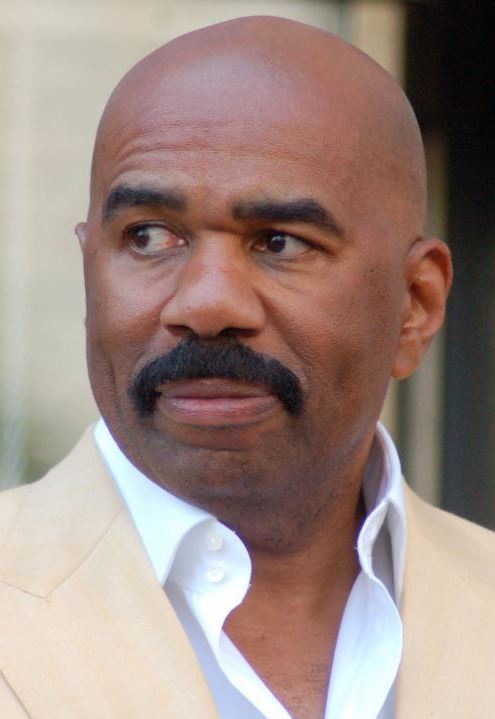
Although a lot of fans were upset that O’Hurley was leaving the program, they didn’t have to wait very long before they got a new favorite character on Feud.
Steve Harvey has been the host of the show for the longest amount of time. In fact, he is one of the longest-running hosts of any show. Harvey has been on Family Feud since 2010, and he doesn’t seem to be leaving any time soon. He has a large fan base and receives high ratings. As the show’s host, he keeps the mood light, the audience laughing, and the ratings high. He always has a wide smile on his face, so it’s clear he enjoys performing this job.
It is reasonable to say that Steve Harvey has truly been the driving force behind the program being what it is today, and Family Feud just wouldn’t be the same without him.
Wrapping Up
Family Feud is widely regarded as a popular game show in the United States. The show has been entertaining audiences for decades because of its simple yet amusing idea. The long-running series, which debuted in 1976, shows no signs of ending anytime soon. The show has undergone significant development over the years and all of the hosts deserve credit for their contributions to making it what it is today.


